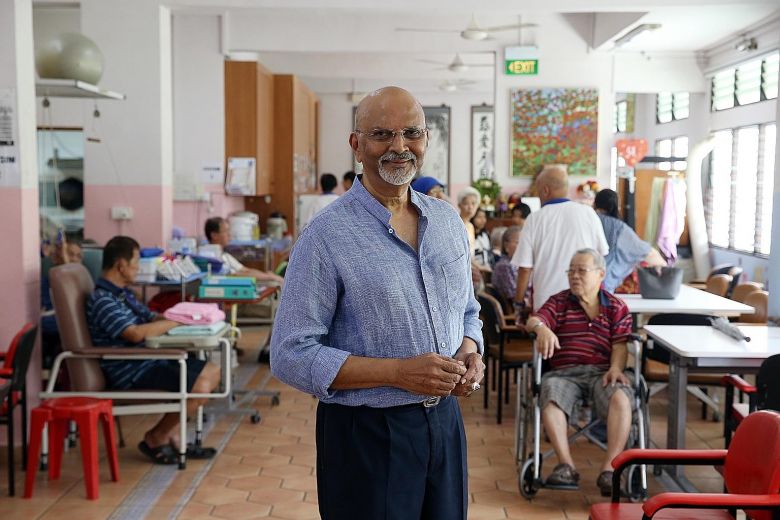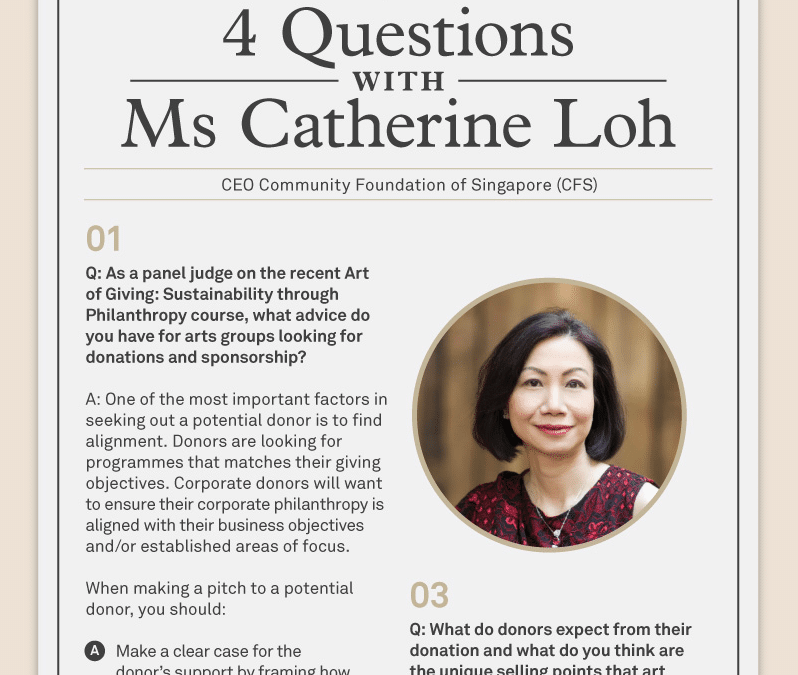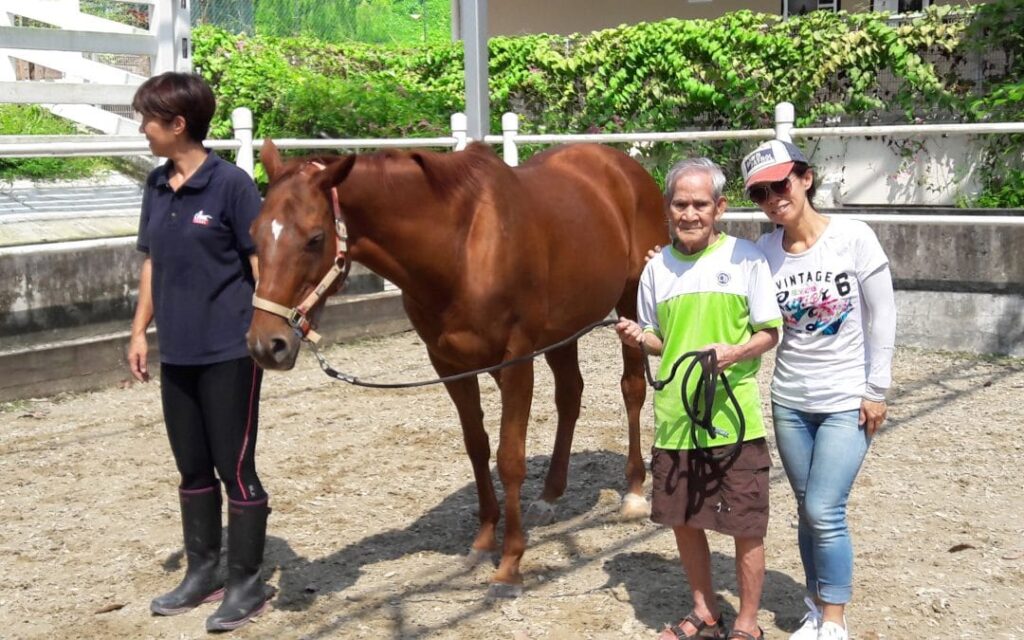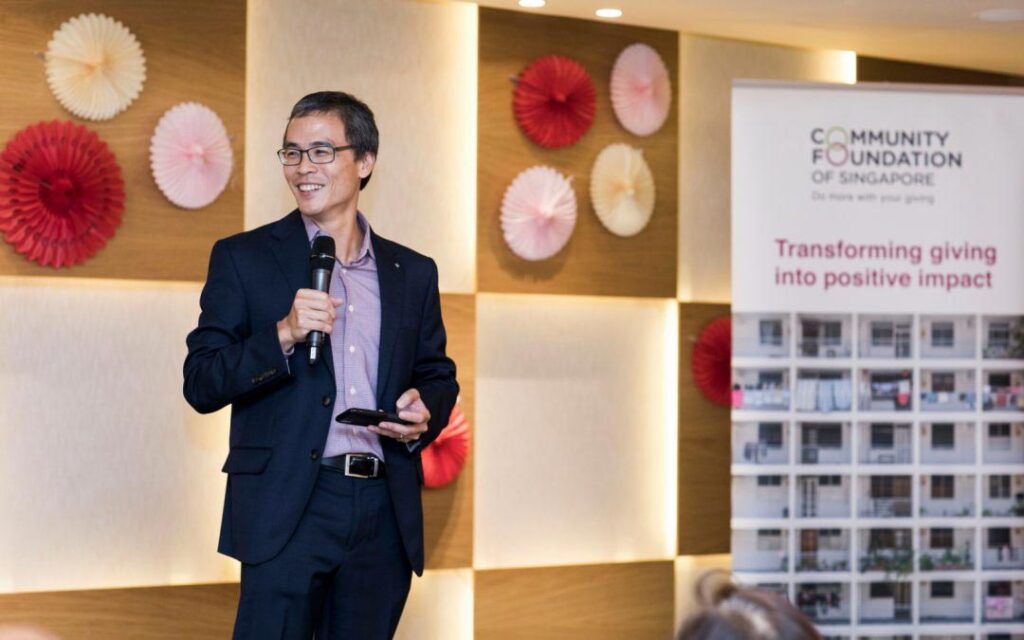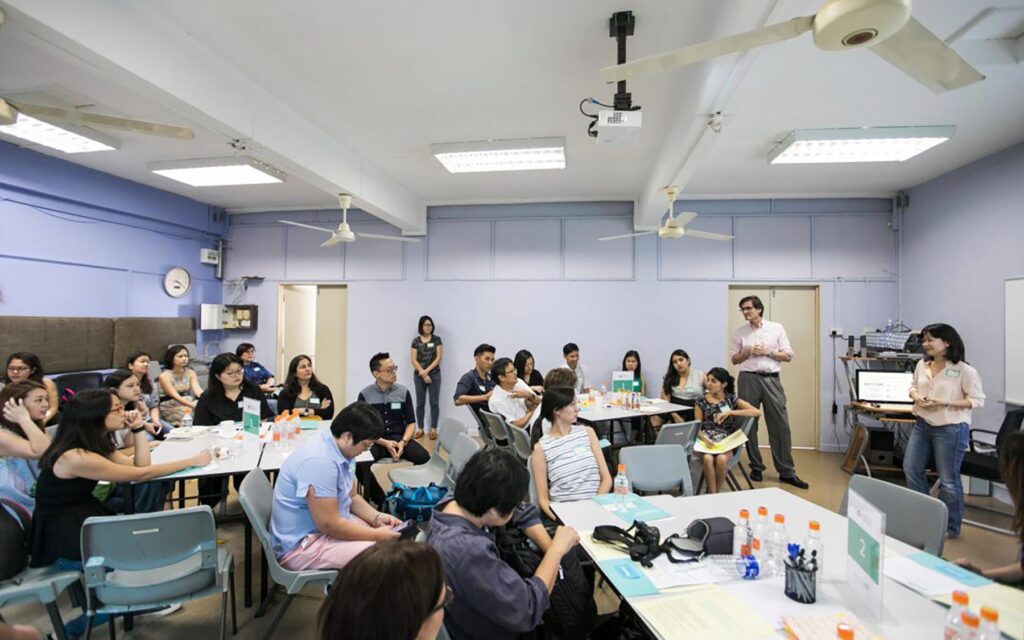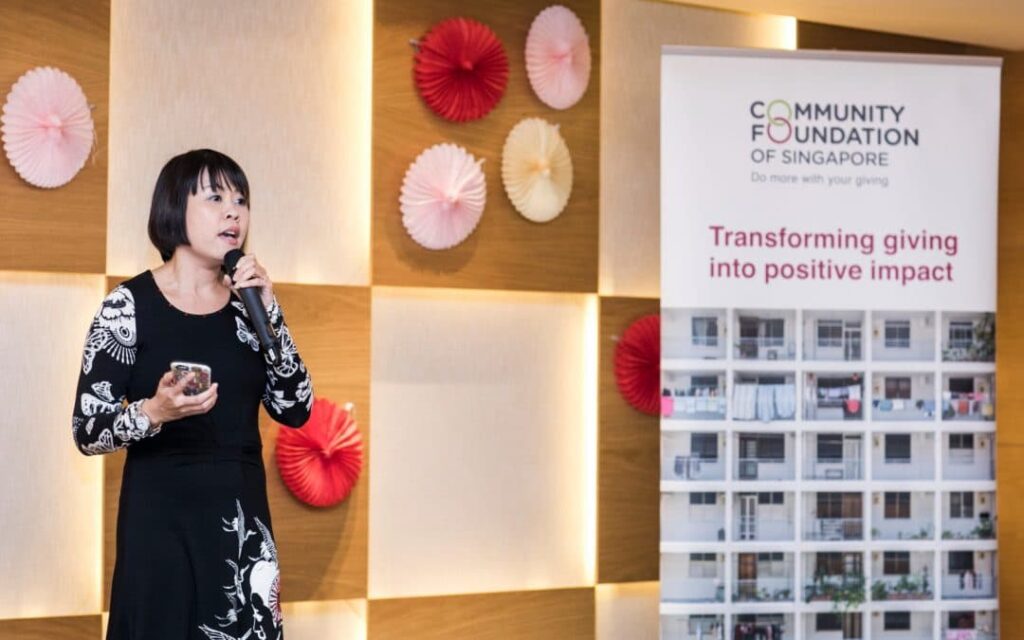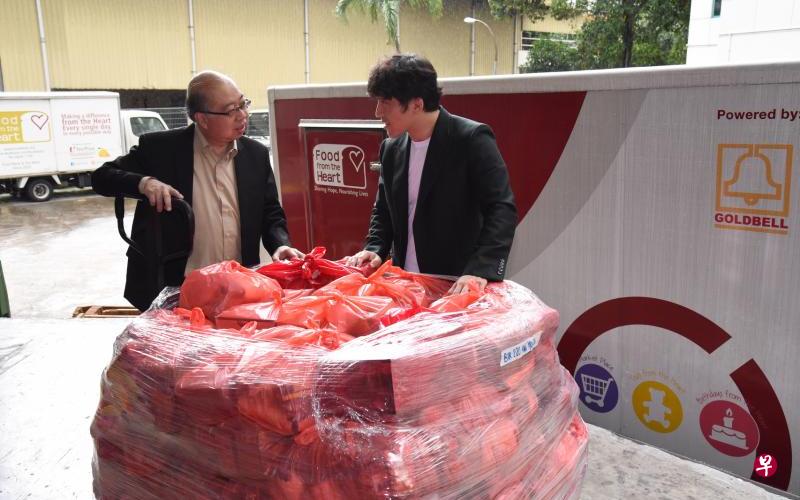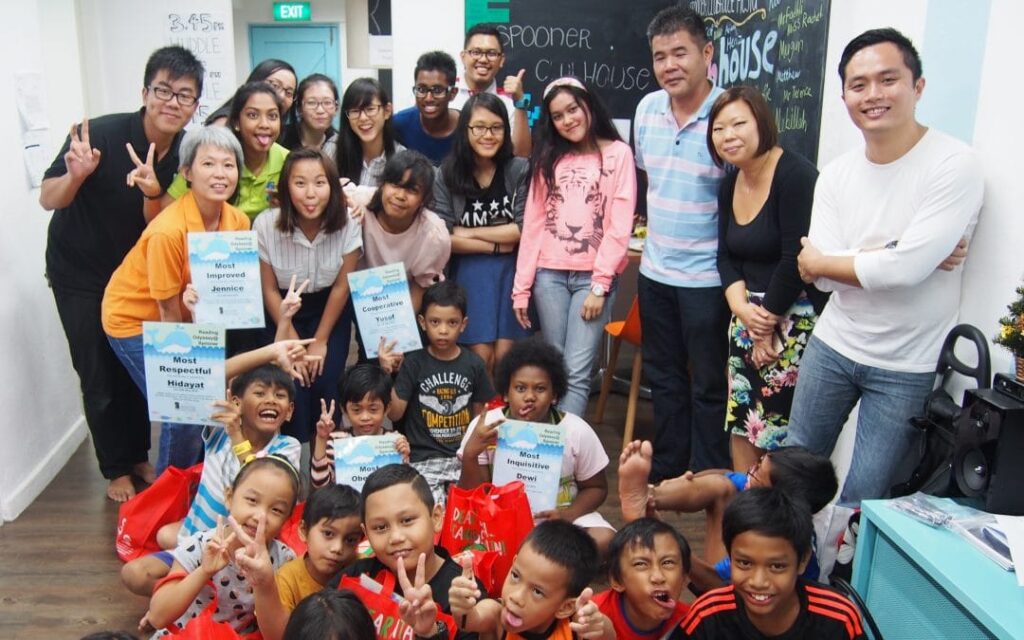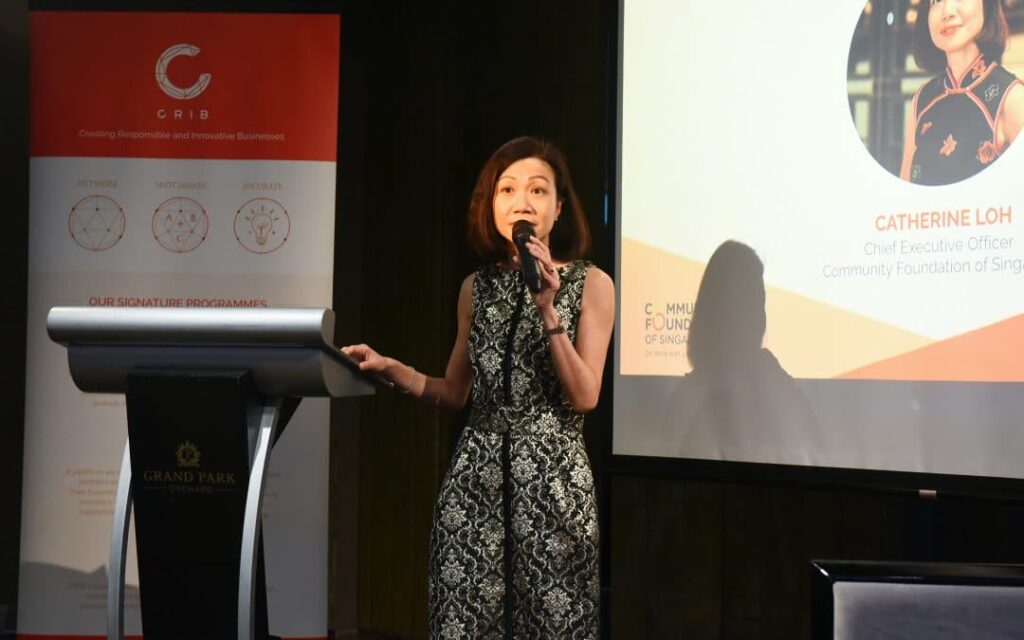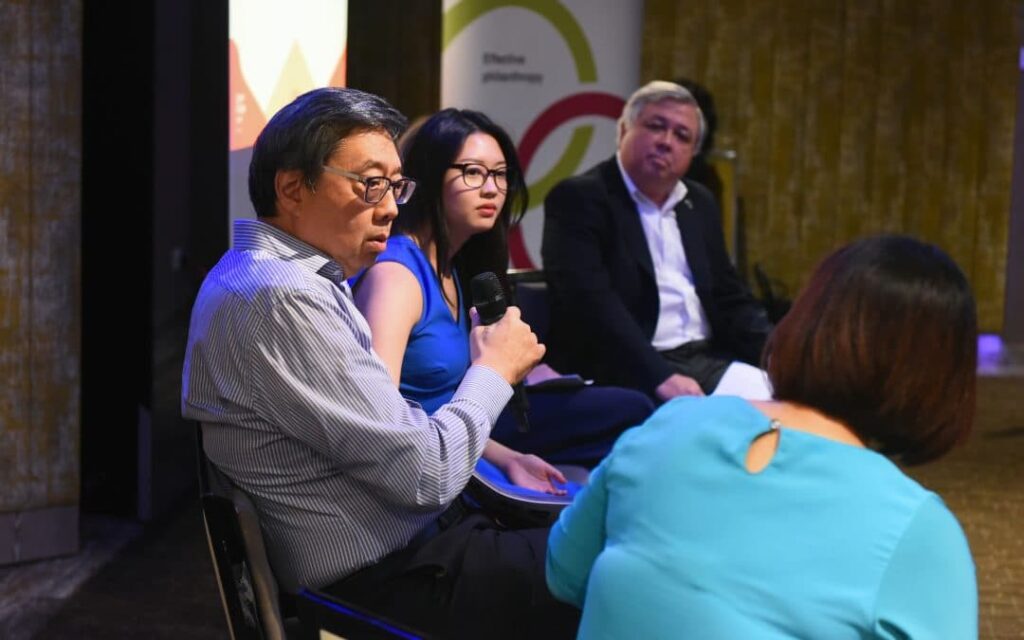As persons with disabilities reach age 18 and exit the school system, they face new life challenges, including living their desired life and gaining access to care and support. With a keen eye on identifying opportunities to improve the lives of these individuals, we kicked off the Colabs Disability series which focused on engagement pathways and employment through catalysing cross-sector collaboration.As part of the series, participants were recently invited to the MINDS’ Idea Employment Development Centre to understand what a sheltered employment workshop in Singapore would look like. Made up of a diverse group, including social enterprises, corporates, philanthropic institutions, government agencies and non-profits, the group bonded over a common desire to learn and do more for persons with disabilities.
